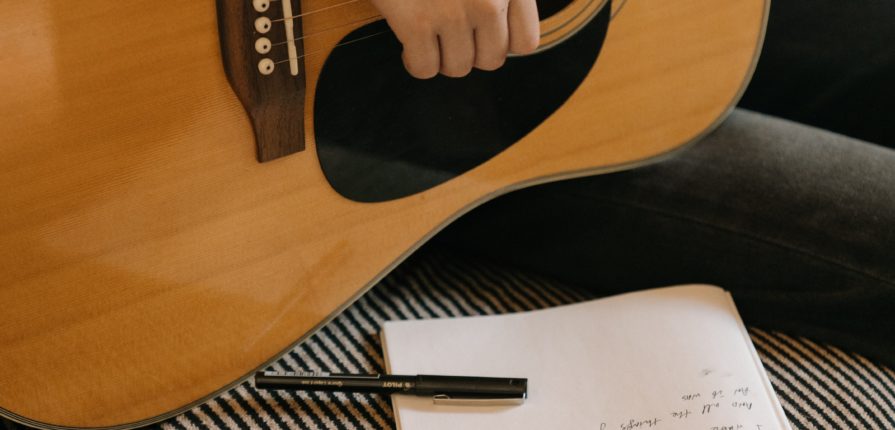Whether or not they’re also artists, songwriters can make money in a few different ways: performance royalties, streaming royalties, and publishing deals.
—
Thursday, September 8th
Performance Royalties
Songwriters earn performance royalties whenever their song is played in a public setting, whether as a live performance or a recording. So a performance royalty is generated whenever a song is played:
- Live by you or another performer
- On TV or a video streaming platform (AKA sync licensing)
- Through the speakers at a restaurant, bar, grocery store, clothing store, etc.
- On the radio
- In gyms
And songwriters collect performance royalties through a Performance Rights Organization (PRO). These would be companies like BMI (United States), ASCAP (United States), SOCAN (Canada), and PRS for Music (United Kingdom).
Streaming Royalties
Another way songwriters make money is from streaming royalties. Every time a song is streamed, the songwriter(s), the artist(s), and often the producer(s) are owed a royalty.
So, for example, let’s say an artist writes a song with a songwriter; this is what the rights and royalties breakdown could look like:
- Publishing/mechanical royalties: 100% to the artist (or to the artist’s publisher if they have one)
- Performance royalties: 50% to the songwriter, 50% to the artist
- Streaming royalties: 3% to the producer, 49% to the artist, 48% to the songwriter
However, if two indie songwriter-artists write a song together and produce it themselves, they typically split everything 50/50. And they wouldn’t have to give percentage points to a producer.
Many variables go into who earns what and how much each person would make from a song. But as the songwriter or one of the songwriters, you’re owed a chunk of its overall streaming royalties.
Publishing Deals
Another option for songwriters is to get a publishing deal. So it is when a songwriter signs over some or all of the publishing rights to their song(s).
Usually, how it works is that a publishing company will sign you to their songwriter’s roster with the understanding that they keep 50% of the publishing rights. You keep 100% of the songwriting rights. In exchange, the company gets you into co-writing sessions with successful songwriters and artists with the end goal of getting your song recorded by an artist.
The company often pays the songwriter an advance, a loan that the company collects from the (potential) royalties generated by the songwriter’s songs.
Sounds pretty cool, but Grammy-nominated and award-winning songwriter Ester Dean said a publishing deal wouldn’t set you up for life. At least not right away.
This article is a re-post, with minor modifications, of “How Much Do Songwriters Make?,” published on digitalmusicnews.com


